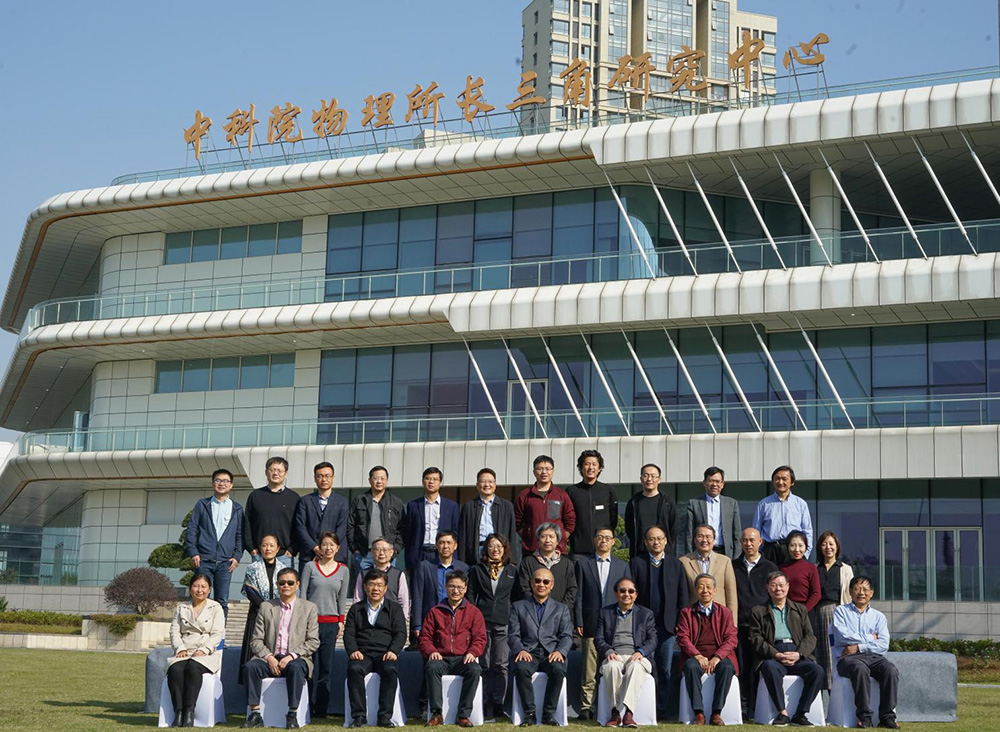Workshop on ICAM-China Development Held in Liyang, Jiangsu
Date:25-11-2020 Print
The Workshop on ICAM-China Development co-sponsored by the Institute of Physics, Chinese Academy of Sciences (IOP, CAS) and the Kavli Institute for Theoretical Sciences (KITS) and organized by the Yangtze River Delta Physics Research Center was held at the Yangtze River Delta Physics Research Center in Liyang, Jiangsu from November 8 to 10. Nearly 40 experts attended the meeting.
Established in 1999, the Institute for Complex Adaptive Matter (ICAM) brings together research institutions and physicists from different regions in an open and dynamic partnership to carry out cooperative research and academic exchanges. So far, it has 72 branches around the world. ICAM-China was established in January 2012. By 2020, it has developed into a collaborative organization of interdisciplinary academic cooperation and exchanges consisting of 21 research institutions, covering from theory to experiment, from physics, chemistry and biology to materials science. ICAM-China aims to provide a platform for cooperation and exchanges for interdisciplinary research on physical, materials and life sciences, and to support and promote international academic exchanges and educational activities in China in a continuous and in-depth way.
At the workshop, Prof. Piers Coleman from Rutgers University, co-director of ICAM, introduced in detail the organizational form and operation mode of ICAM on a global scale. Prof. Hu Jiangping from IOP introduced the development course of ICAM-China. Prof. Zhang Fuchun from KITS gave a presentation on ICAM's key international cooperation project. Then, experts from a number of large scientific facilities in China, including Beijing Synergetic Extreme Condition User Facility, the neutron science platform of Songshan Lake Materials Laboratory, Shanghai Free-Electron Laser Test Facility, Hefei Steady High Magnetic Field Facility, and Wuhan National High Magnetic Field Center, made presentations on the construction and operation of these experimental platforms, hoping to open wider the window of international exchanges and cooperation on frontier sciences through the organization and operation of ICAM-China. The participating experts then had heated and in-depth discussions on the operation mode and development path of ICAM-China in the future, and put forward valuable suggestions on how to further facilitate and promote ICAM-China's academic exchanges, build an exchange and cooperation platform for interdisciplinary research on physical, materials and life sciences, and encourage international academic exchanges and educational activities in China.



